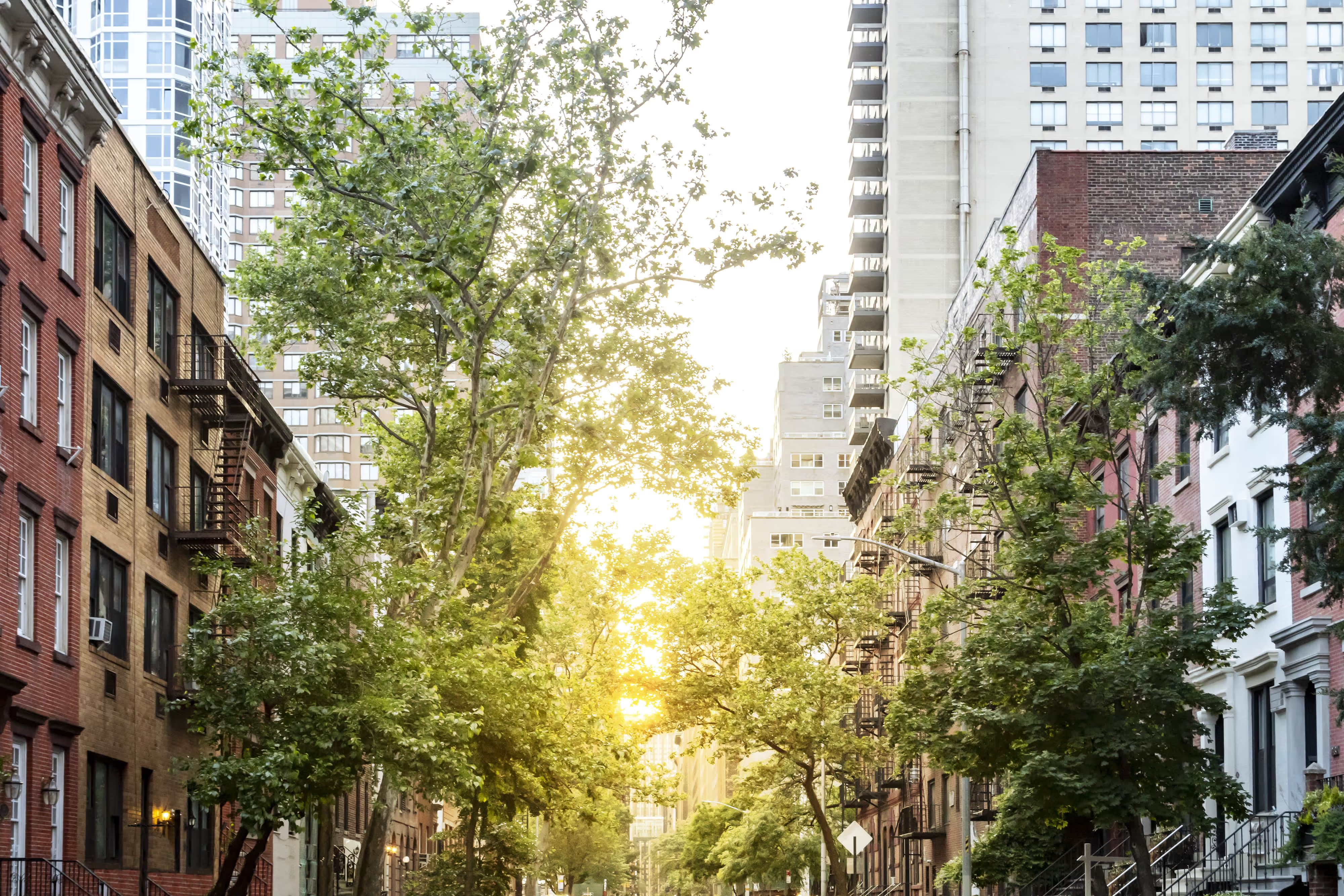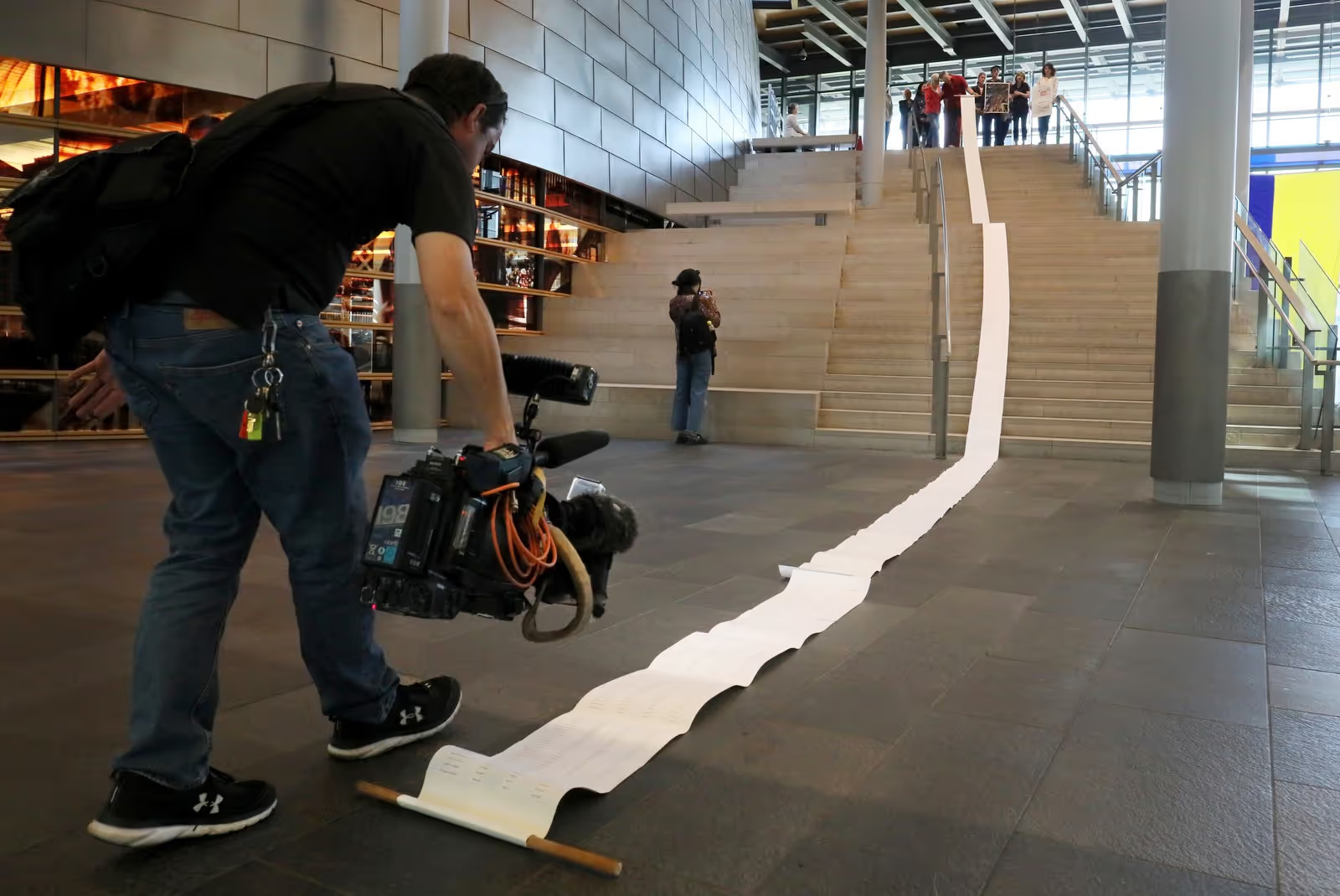
Seattle’s Building Department is Failing Us
By Emboldening the Removal of Our Urban Forest
Seattle — known for its lush urban canopy and commitment to environmental sustainability — is facing a grave threat to its urban forest. A dramatic surge of tree removals across the city in the past decade has raised concerns among environmental advocates and residents alike.
In early 2022, these removals prompted Tree Action Seattle to investigate, starting with Seattle’s building department (in Seattle, over 12 different departments have varying levels of jurisdiction over Seattle’s urban forest. Seattle’s Department of Constructions and Inspections (SDCI) has the largest portion of this jurisdiction, managing all trees on private property, which accounts for at least 50% of Seattle’s urban forest.
Upon our investigation, it became evident that SDCI, entrusted with protecting our urban forest, has instead overseen its removal. Our findings revealed a distressing pattern of disregard for Seattle’s tree code within SDCI. Despite being tasked with enforcing land use codes to preserve Seattle's green infrastructure, SDCI's actions have facilitated the unchecked deforestation of the city. Among the alarming discoveries are:
1: Illegal Approval of Tree Removals
- SDCI routinely approves the removal of groves and exceptional (legally protected) trees, disregarding public health and climate resilience impacts.
- SDCI routinely approves the removal of exceptional trees during development without professional arborist reports or an SDCI arborist review, both of which are required by Seattle Municipal Code.
2: Record Alterations:
- SDCI staff routinely alter or contradict their own records.
3: Failure to Investigate Complaints:
- SDCI closes complaints of illegal tree removals with no investigation, even in cases with abundant evidence and clear documentation.
4: Poor Enforcement Practices:
- SDCI allows after-hours illegal tree removals through limited office hours.
- SDCI has slow response times to complaints
- SDCI refuses to cite illegal tree removals when stumps are ground, despite clear evidence of removals.
- SDCI does not routinely follow International Society of Arboriculture standards in measuring trees or assessing tree damage.
- SDCI does not enforce Tree Protection Areas around the critical root zones of trees on development sites, resulting in severe damage to trees.
- SDCI does not consider maximizing the retention of existing trees when approving lot subdivisions, contradicting Seattle Municipal Code SMC 23.24.040.
Our comprehensive report, released in November 2023, shows that systemic failures within SDCI facilitate the degradation of Seattle's urban forest. Moreover, the audit conducted by the City Auditor in 2023 unearthed unethical permitting processes and nepotism within SDCI, further eroding public trust in the department's ability to steward Seattle's urban forest. (Check out KUOW’s coverage and Seattle Times’ recent editorial).
In light of these revelations, we are calling for the urgent creation of a new, independent Department of Climate and the Environment, equipped with a dedicated Urban Forestry Division. This division would be staffed by forestry professionals committed to managing, protecting, and expanding Seattle's urban forest. The establishment of such a department is not unprecedented; Portland, Boston, and New York City have already implemented similar structures to safeguard their green spaces.
The overwhelming support from Seattle residents, as evidenced by recent polls, underscores the urgency of this call to action. The new Department of Climate and the Environment must operate free from corporate influence and conflicts of interest, with a direct reporting line to the Mayor.
Preserving Seattle's trees is not just a matter of protecting the Seattle of today. It is instead a testament to our commitment to fighting climate change and the well-being of future generations. By reforming our approach to urban forestry management, we can ensure that Seattle remains a vibrant, green city for years to come.



.avif)



.png)